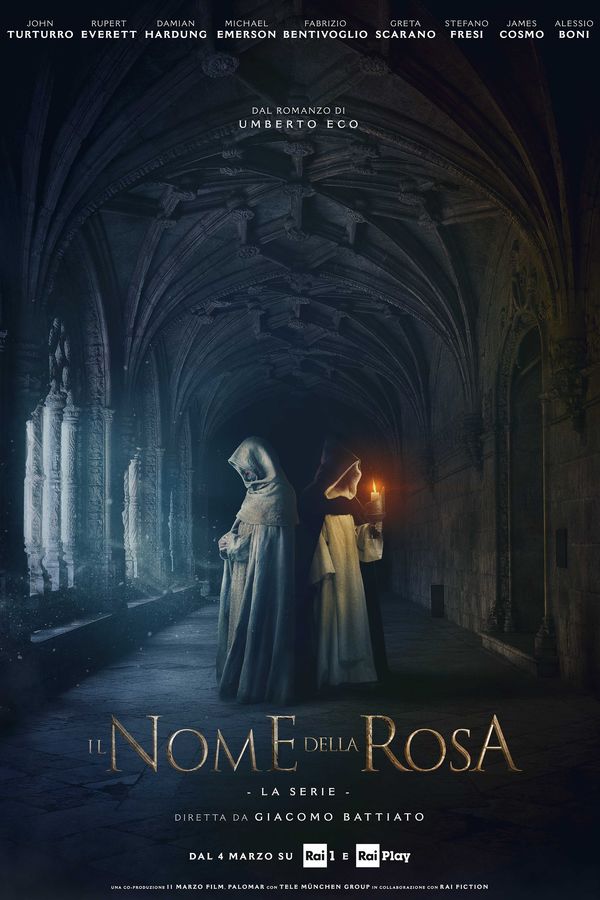
“Translatability assessment” is carried out pre-translation: it serves to prevent potential translation and adaptation issues later down the line, much as Eco’s dossier did. It includes pre- and post-translation work as well as consultancy in translation technology. Drawing a parallel between Eco’s approach to translation and cApStAn’s LQAĬApStAn’s Linguistic Quality Assurance ( LQA) is a set of processes designed to ensure linguistic and cultural equivalence across multiple language versions of a questionnaire or test items. Eco’s ongoing interaction with his translators, and the support he provided them with his dossier, were aimed at preventing potential translation issues, and preserving linguistic and cultural equivalence across different languages and cultures, much as – and here we shamelessly venture to suggest a parallel – with cApStAn’s LQA.

In this dossier Eco indicated the meaning of some of the more challenging parts for a foreigner, details on the historical-cultural context, and possible lexical alternatives. In an article for the Sole 24 Ore journalist Mario Andreose writes that Eco would often meet his translators and that he provided them with a 50-page dossier, which, he adds, would in itself have been worthy of publication.

And, as it involves a shift between cultures, “the translator must take into account rules that are not strictly linguistic but, broadly speaking, cultural”. In this book Eco writes that translation “is a strategy that aims to produce in a different language the same effect as the source discourse”. Eco is known to have worked very closely with his translators: he describes this in detail in his book Experiences in translation.


 0 kommentar(er)
0 kommentar(er)
